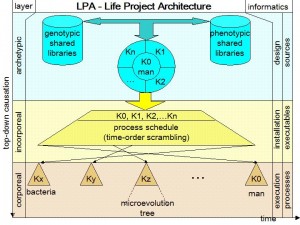Unknown Unknowns
Physics professor Philipp von Jolly advised a young Max Planck not to go into physics, because “in this field, almost everything is already discovered, and all that remains is to fill a few holes.” With the clarity of hindsight we might say, “what a maroon.” Standing on the cusp of a century in which the world of physics would be turned on its head – led by the very man to whom he was speaking – von Jolly thought everything important had already been discovered. Planck’s discoveries in quantum mechanics and Einstein’s theories of space and time were literally unimaginable to a man like von Jolly. His “few holes” were the known unknowns of classical physics. He had no idea Read More ›
